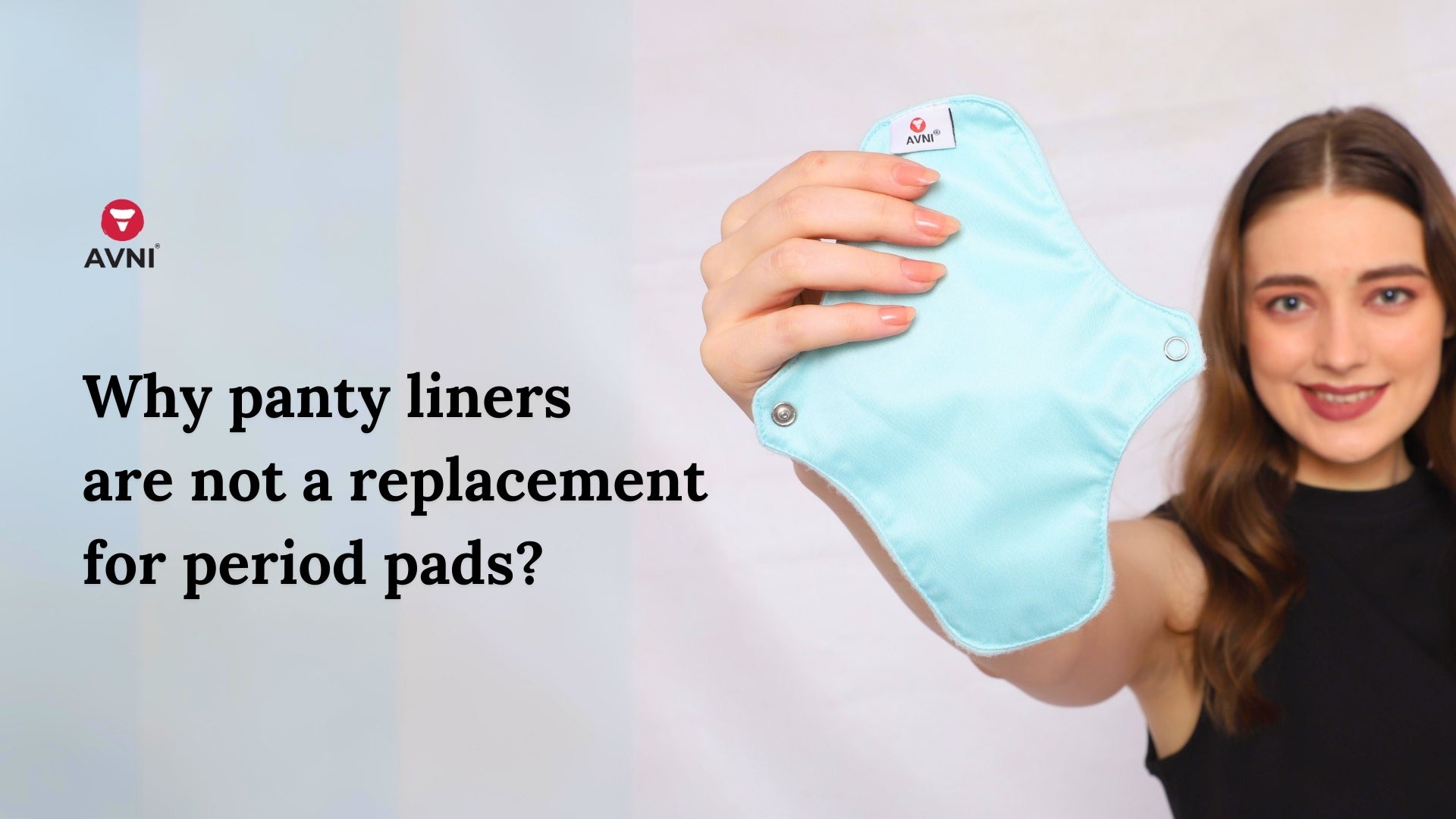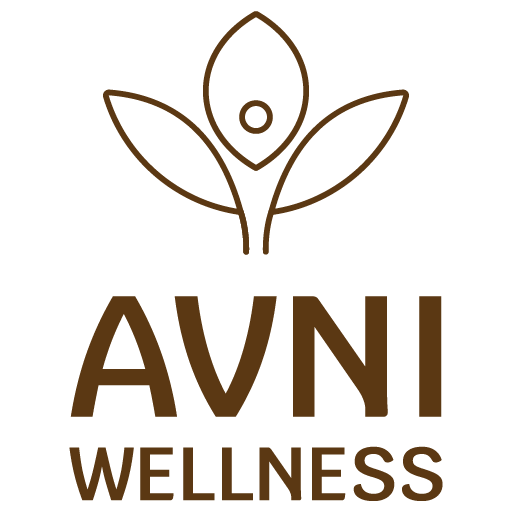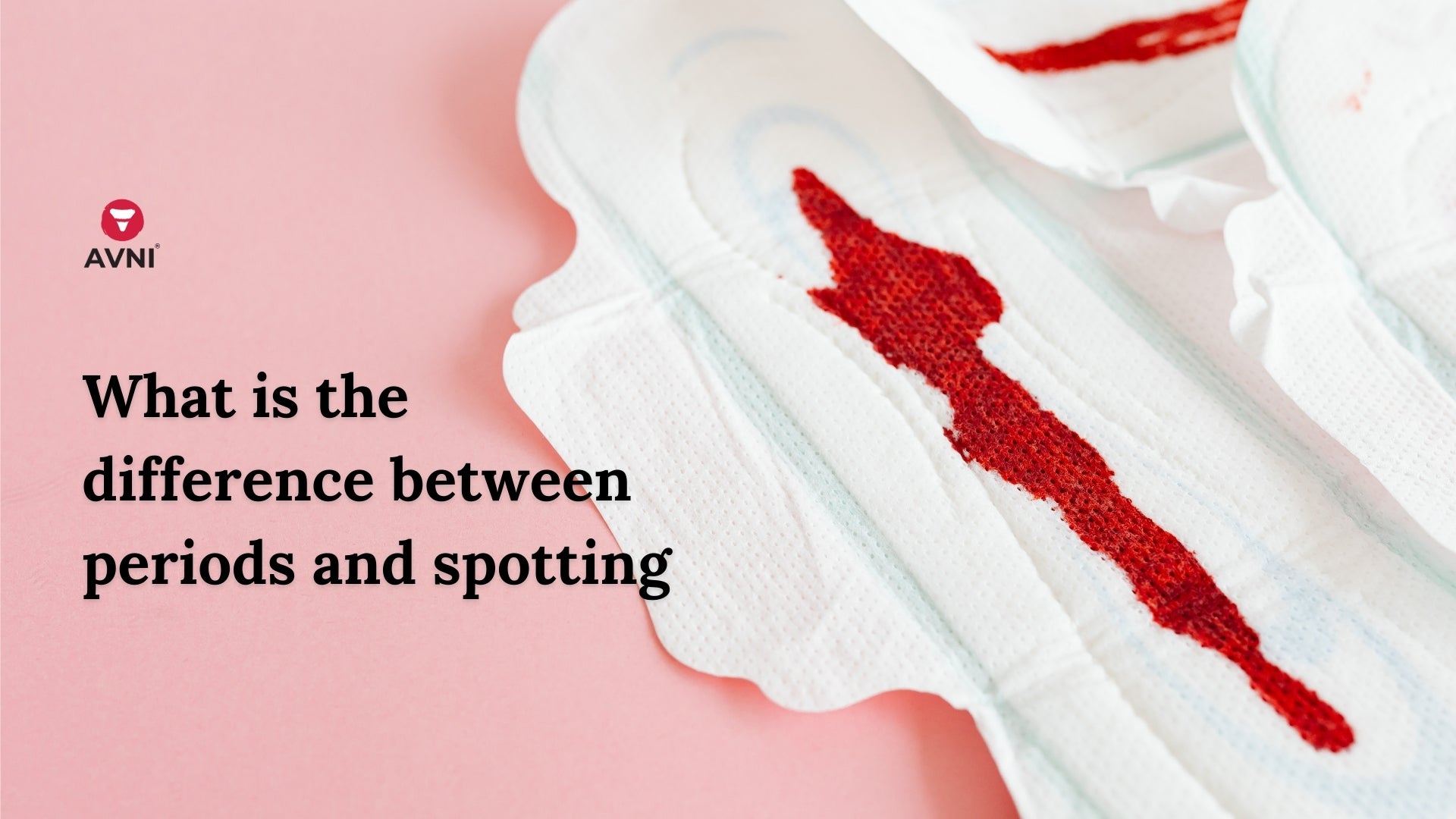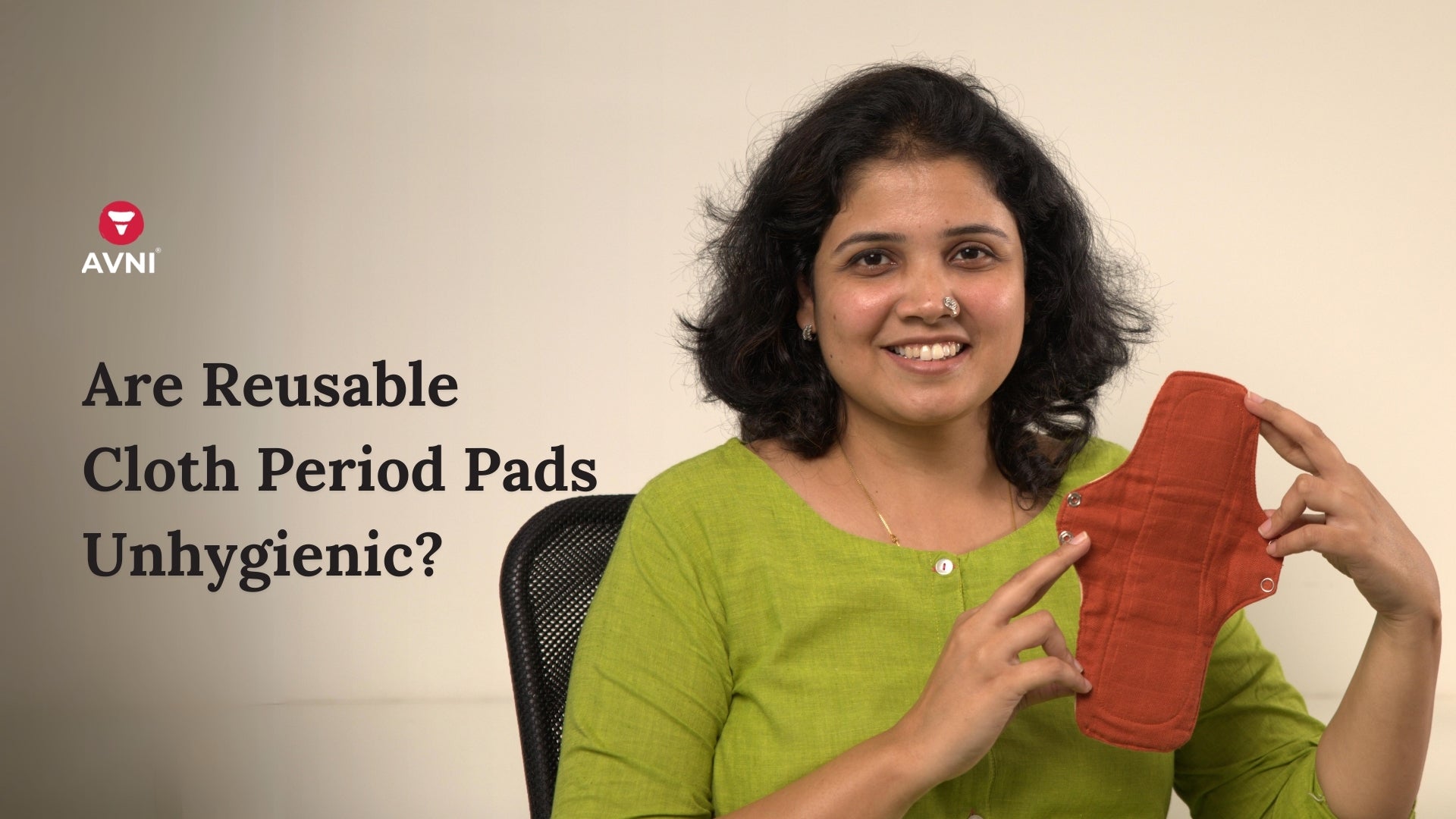
Why panty liners are not a replacement for period pads?
If you're new to the feminine hygiene world — you may be wondering…why are panty liners not a replacement for period pads? What's the difference between them? And is it worth spending more on pads than on panty liners?
Panty liners are compact pads that protect against spotting . It is small and fits easily in any handbag. However, panty liners are significantly thinner than period pads. Panty liners are not made to absorb much, which makes…ineffective for absorption when used as an alternative to period pads.
Thus, panty liners and sanitary pads cannot be used interchangeably because of the differences in their functions. However, there is more to know about these products. One of the most essential things is why they differ precisely and how to choose the right product for yourself. Keep on reading to learn more!

Pantyliners Vs. Pads
A common question for women is, what makes a panty liner different from a pad? Panty liners (like pads) are feminine care products that line the inside of your panties. But what's the actual difference?
- Panty liners are smaller in size and lighter in weight as compared to pads. While pads come in different sizes depending on the flow of your period.
- Panty liners absorb light discharge before and after the menstrual cycle. While pads are made for absorbing menstrual blood on your heavy days.
- Panty liners can be worn during non-period days to keep you feeling clean and fresh. While pads are heavier than a panty liner and are used only during period days to prevent leaks and stains.
- A single panty liner can be used throughout the day for vaginal discharge during non-period days before periods. While depending on the flow — pads should be changed within 4-6 hours of usage.
When should you choose what?
This is repeatable information but a more precise answer to help you.
A panty liner is usually smaller than a sanitary pad and thinner. It's used to soak up any vaginal discharge that might be released during the non-period days. The purpose of a panty liner is to protect your underwear from getting wet — but it doesn't hold in all of the discharge as a sanitary pad does. Avni's fluff panty liner is an excellent choice if you are considering buying reusable cloth panty liners.
Here is a tabular demarcation highlighting different use cases of pads and menstrual pads in different situations

How Avni's panty liners are different?
Avni has 70% women staff. And we can not despise that we had our set of issues with the panty liners that were already present in the market.
Some problems we all had in common were:
- Irritation of sensitive skin - some brands of panty liners contain chemicals that irritate the skin leading to itching, redness, burning, and discomfort.
- Inability to absorb moisture - some brands of panty liners simply could not absorb moisture at all. This resulted in a constant feeling of wetness which was uneasy.
- Uncomfortable fit - A few brands of panty liners did not fit nicely inside the panties and bunched up around the thighs or waistline.
We talked to other women about their experiences with panty liners and found that we were not alone. That is when we decided to develop a product that would solve all these problems.
Our top priority has always been creating products free of plastics and toxins. Keeping this in mind — we made such panty liners that have no kind of harmful chemicals or plastics. This ensured that Avni panty liners would be suitable for all skin types and would never cause skin irritation under normal conditions.
Moreover, we chose a size for our panty liners that won't feel like you're wearing anything but will also be large enough to protect you. We also eliminated the problem of uncomfortable fit by putting buttons in Avni's panty liners to keep them secured in one place.
We developed a technology that made our panty liners absorbent enough to hold 5ml of fluid instead of the typical 2ml. Finally, these panty liners are reusable. Avni's panty liners can be washed and reused for up to 3 years — reducing waste and saving you money.
Ssh! It's incredible how much we've managed to say about our panty liners in this short space. But designing them required a lot of hard work :)
You can have a look at Avni’s panty liners by clicking here.
Choosing the best for yourself
It's a common misconception that panty liners adequately replace pads. While they may be acceptable to use in some situations — they're not ideal for everyday use because they don't protect against leaks.
Panty liners are designed to absorb small amounts of fluid. But they aren't suitable for heavy flows or leaks.
Pads, on the other hand, are designed to absorb a more significant amount of liquid and keep it away from your skin — which is why they're so effective at preventing leaks and making you feel more comfortable.
Thus, panty liners are not a replacement for period pads.
Related articles:
- How panty liners can combat vaginal infection
- Understanding panty liners - misconceptions, do's and don'ts



Leave a comment
This site is protected by hCaptcha and the hCaptcha Privacy Policy and Terms of Service apply.